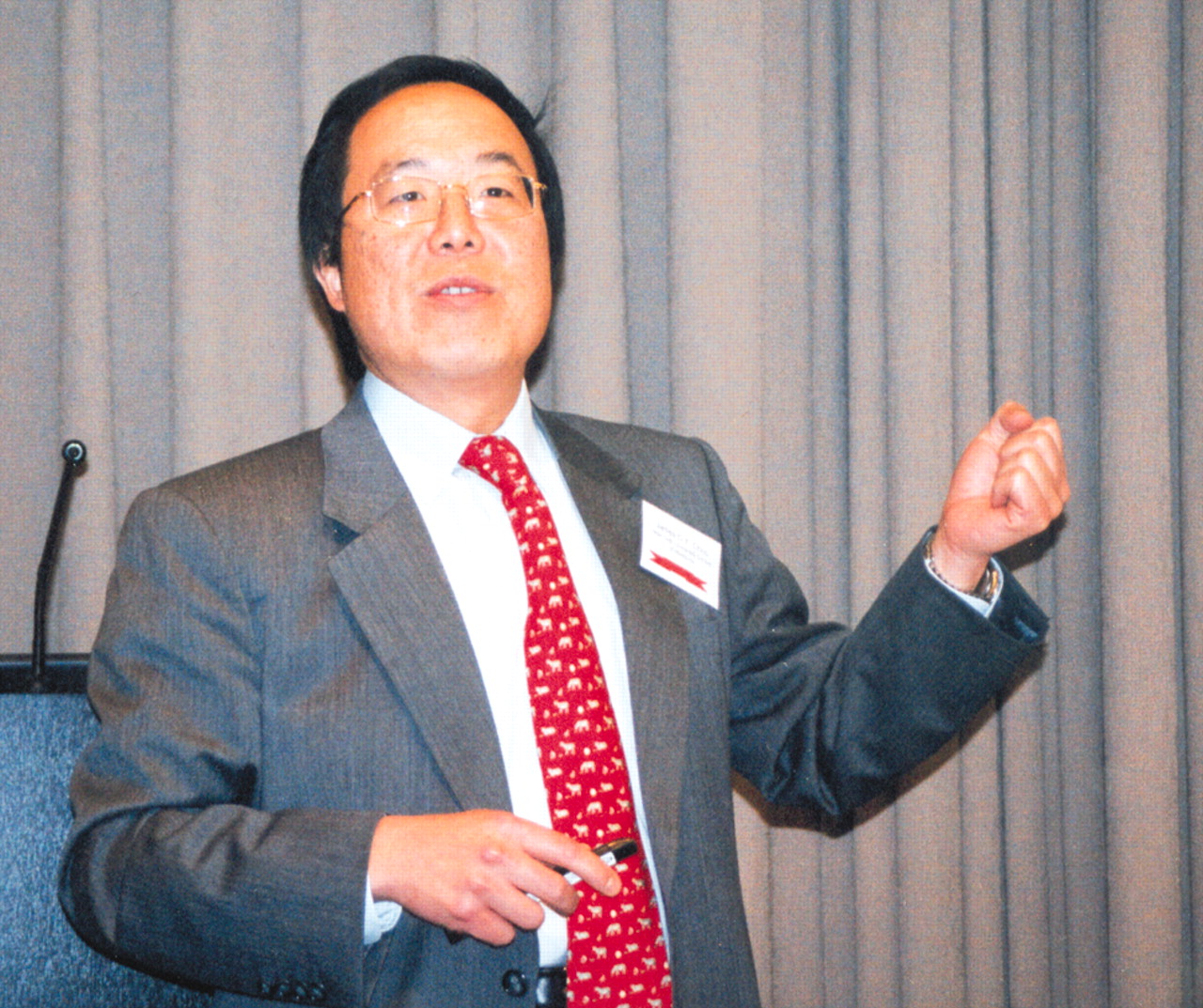Ethnicity Shouldn't Determine Dosage Decisions
In practice settings around the world, it is not uncommon for psychiatrists to prescribe Asian patients low doses of psychotropic medication with the understanding that Asians metabolize these medications at slower rates than patients of other ethnicities.
As a result of this practice, however, these patients may not be receiving adequate treatment, said James Chou, M.D., an associate professor of psychiatry at New York University School of Medicine.
Chou appeared at the meeting “Overcoming Stigma in Asian American Mental Health,” with Ramaswamy Viswanathan, M.D., to discuss issues related to the psychiatric treatment of Asians. The meeting was held last month in New York.
While it is true that some people of Asian descent, as well as those from other ethnic groups, may not metabolize psychotropic medications at the same rate as Caucasians, there is no basis for automatically prescribing half the recommended dosage to a patient because he or she is Asian, Chou said.“ You have to base the drug dosage on individual response and avoid generalizations based on ethnicity.”

James Chou, M.D.: The practice of prescribing reduced doses of medication to Asian patients may be leading to inadequate treatment of their mental illness.
Chou explained that people belonging to certain ethnic groups produce lesser amounts of enzymes, such as CYP2D6, which break down toxins in the body. This can result in higher blood levels of certain psychotropic medications and more side effects for the patient.
However, he cautioned, practitioners can't judge how quickly a patient will metabolize the medications based solely on the color of their skin or the country in which they were born.
A number of studies from the 1970s through the 1990s show that Asians receive lower doses of benzodiazepines, mood stabilizers, and antipsychotic medications than do white Americans, Chou said.
For instance, Teruo Okuma, M.D., and other researchers found that therapeutic dosages of chlorpromazine and lithium were different in Japan from those in Western countries in the early 1980s, with Japanese patients receiving lower dosages.
Ching-Piao Chien, M.D., reported in 1993 that Asian and Hispanic immigrants who had been in the United States less than five years received lower dosages of medication than those who had been in the country longer than five years.
Chou reviewed several studies investigating Asian patients' responses to a number of psychotropic medications but warned that in the majority of the studies small sample sizes mitigated the impact of any conclusions.
For instance, Keh-Ming Lin, M.D., M.P.H., and colleagues found in 1989 that when they administered fixed doses of haloperidol to 13 Caucasian and 16 Asian patients with schizophrenia, the Asian patients had a 10 percent to 15 percent higher mean serum haloperidol concentration and higher rating for extrapyramidal symptoms than did white patients.
When a larger group of Taiwanese patients and Caucasian patients were administered fixed doses of clozapine, researchers found that serum levels of the drug were 30 percent to 50 percent higher in the Asian patients, Chou said.
Metabolism varies from drug to drug, he added. “Asians have reduced metabolism of haloperidol, risperidone, and clozapine, but not of olanzapine,” Chou said.
In a small, unpublished study of olanzapine, Chou cited, Asians and Caucasians metabolize the drug at similar rates.
Chou concluded that the literature on psychopharmacology for Asians is“ weak,” and although there is evidence that Asian patients do metabolize some medications more slowly than Caucasian patients, he advised psychiatrists to “dose based on the response of the individual patient.”
Medications are only part of the treatment for Asians with mental illness, of course. Psychotherapy may be an important part of the recovery process for many Asian patients, and psychiatrists and mental health professionals should be mindful of certain elements of Asian culture when conducting psychotherapy, according to Ramaswamy Viswanathan, M.D., an associate professor of psychiatry at the State University of New York, Downstate Medical Center.
Viswanathan emphasized that clinicians should also be attentive to individual and subcultural differences when working with Asian patients.
While American society tends to stress the value of freedom and individuality, Asian society “stresses conformity and obedience to authority,” he said.
The value of privacy is critical in American society, but in Asian communities, “your family knows everything about you, and even your neighbors know a lot about you,” he said.
In Western societies, it may be acceptable to express negative emotions, but this is not so in Asian culture. Talking about negative emotions “is a disgrace to the patient and family” he noted. “Somatization of illnesses such as depression is much more acceptable.”
Viswanathan also noted that “an Asian patient's first mental health visit is likely to be initiated by a family member, and the majority of Asian patients are accompanied by one or more family members.”
When this happens in his practice, Viswanathan said he gently suggests to the family members that he needs to be alone with the patient “to give the patient a chance to express things they don't want to express in front of the family,” he said.
He also noted that Asian patients are receptive to problem-focused cognitive-behavioral interventions “because the principles are similar to Eastern philosophy, and relaxation is similar to meditation.”
He added that “interpersonal therapy, which emphasizes roles and social relations, may also resonate with Asian traditions.” ▪



